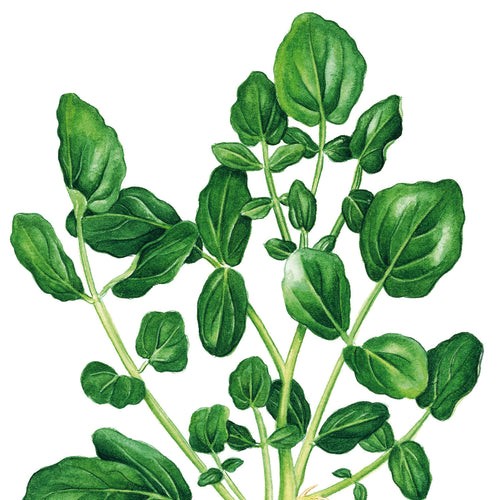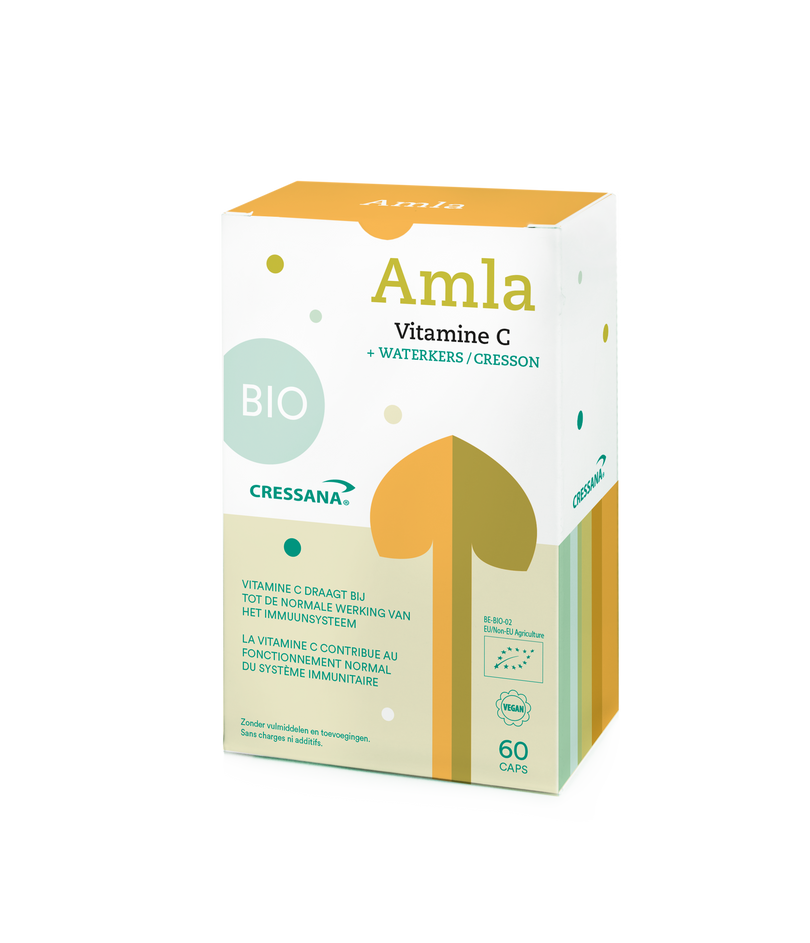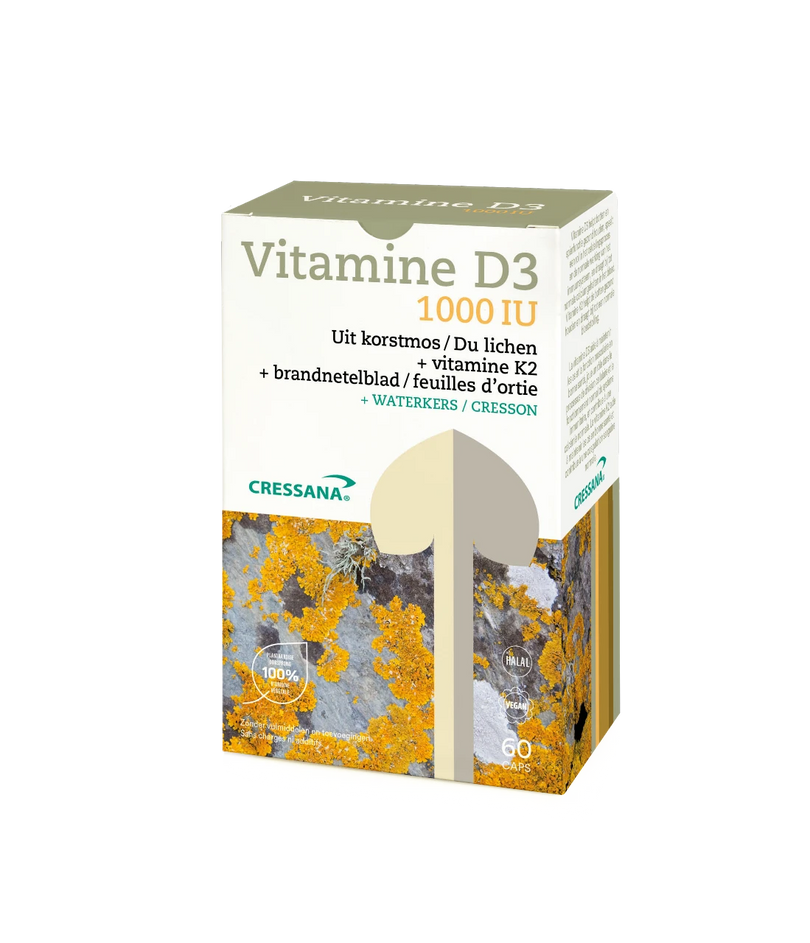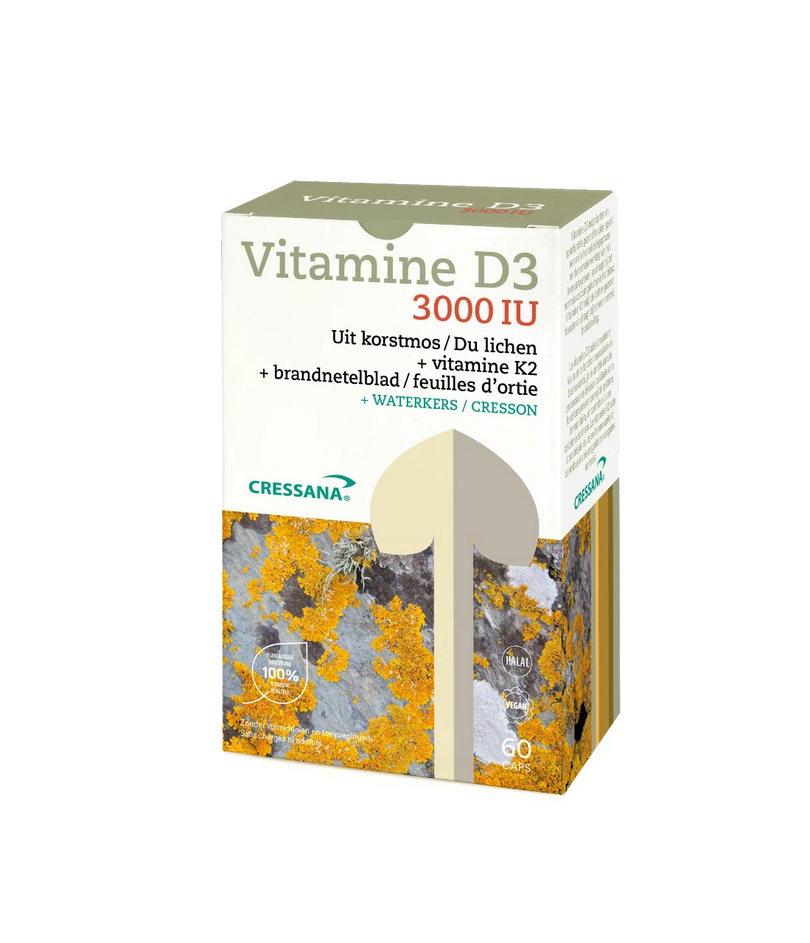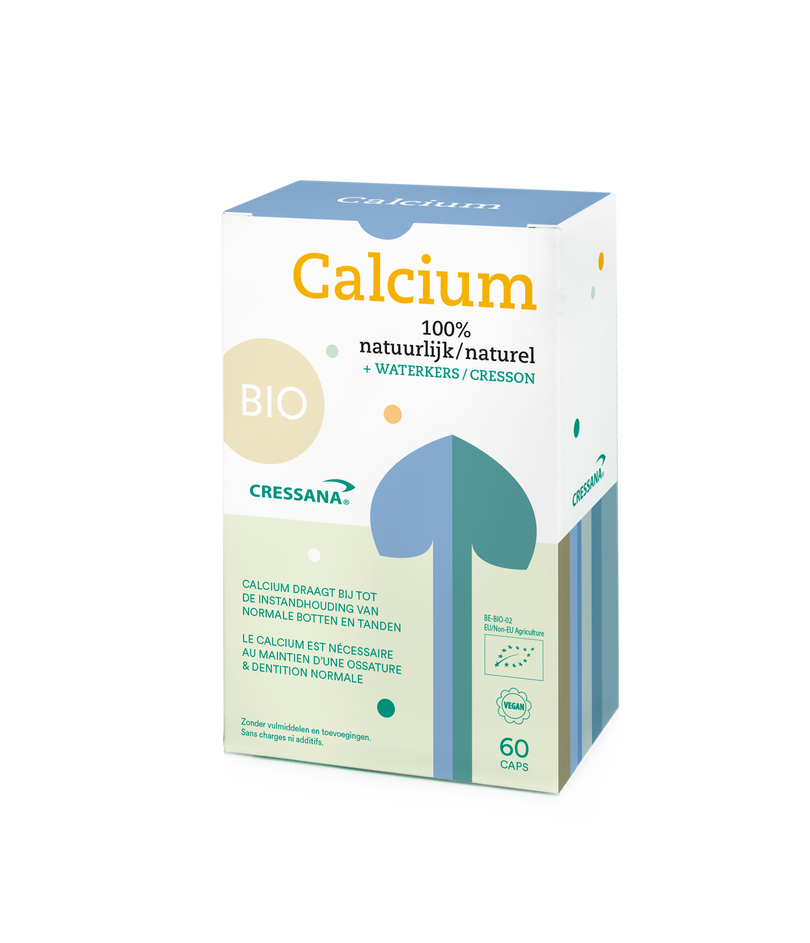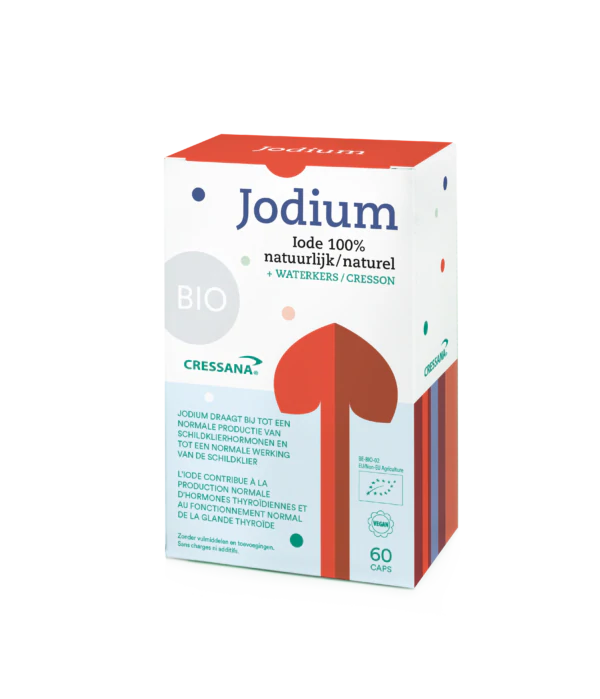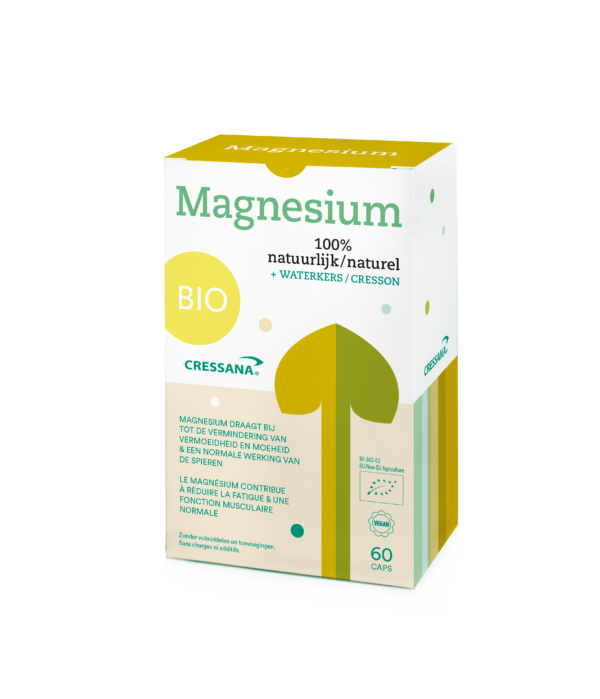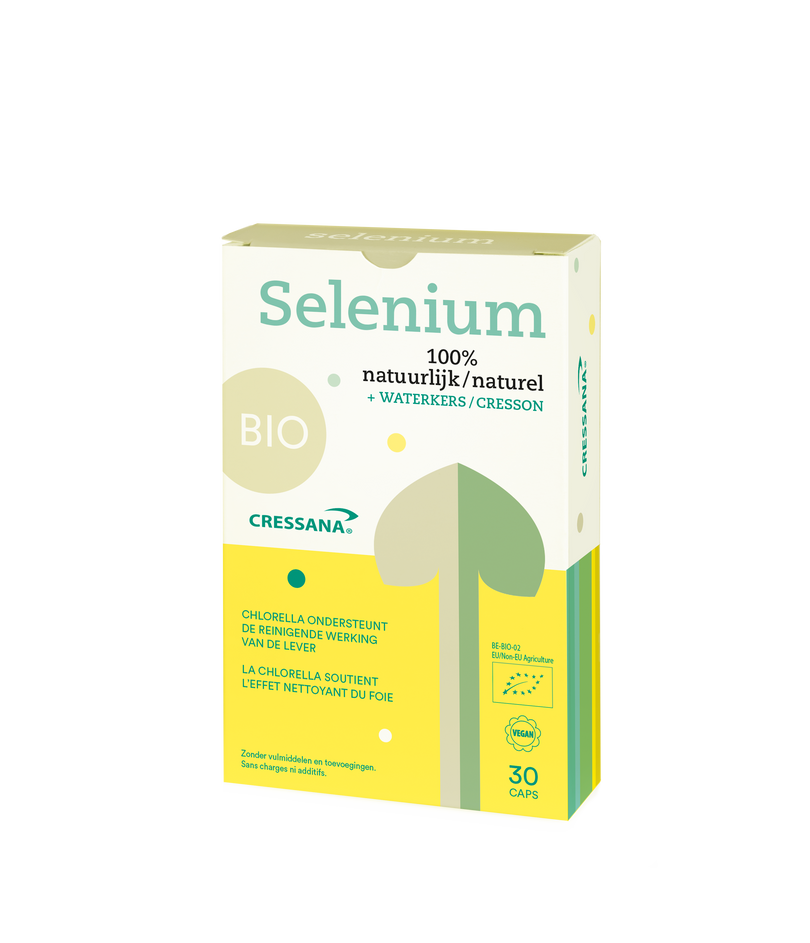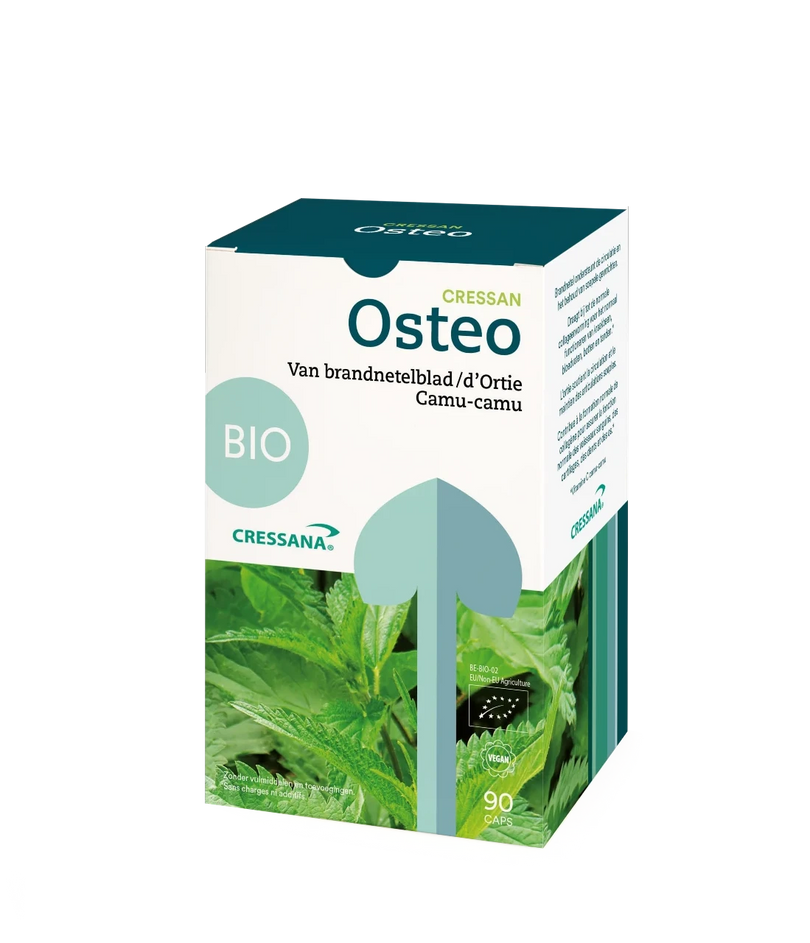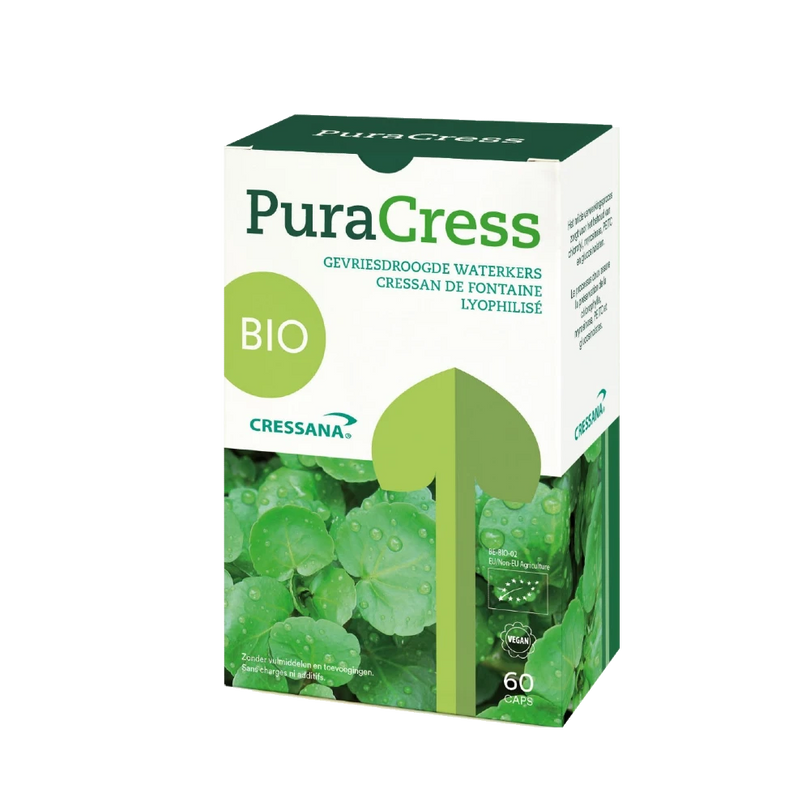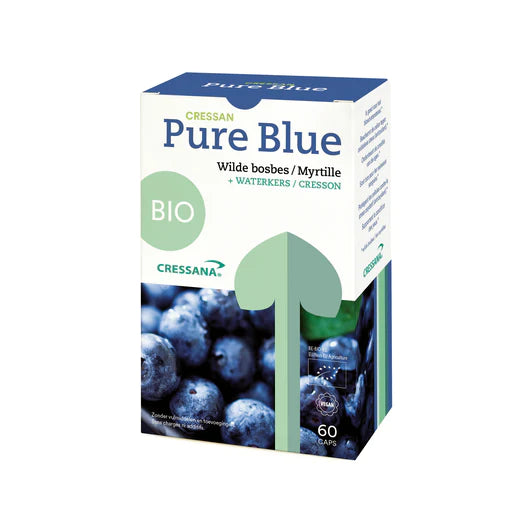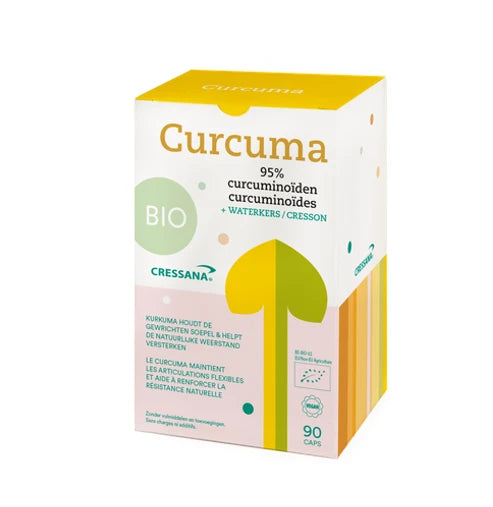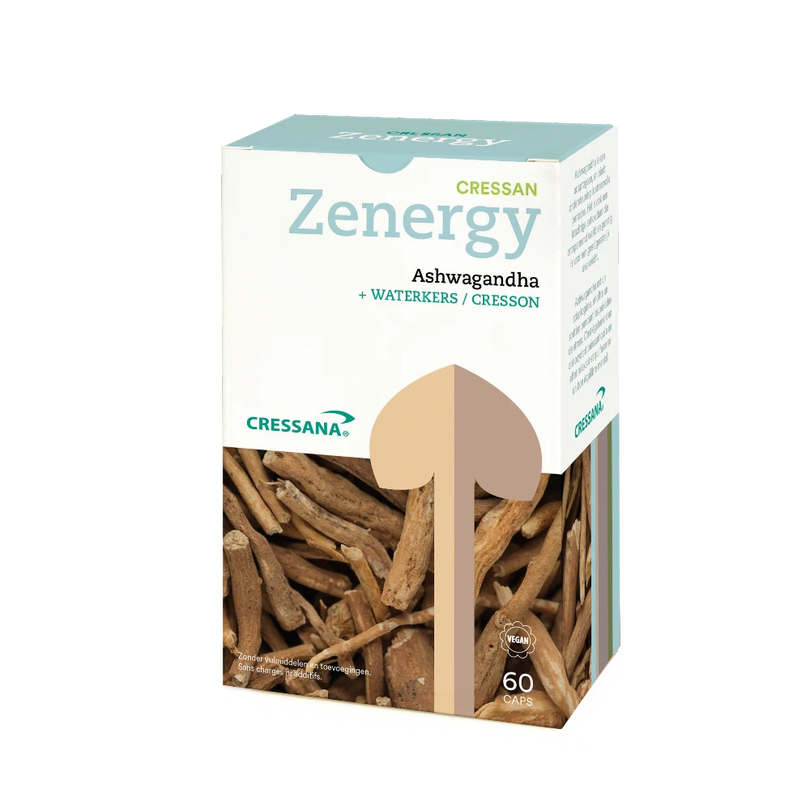The latest addition to our range is high-dose vitamin D3 from lichen in a thoughtful mix with vitamin K2, nettle leaf and cold freeze-dried watercress.
What is special about Cressana® Vitamin D3 is that it is completely plant-based, meaning it consists exclusively of natural ingredients. Because Cressana® does not use sweeteners, (synthetic) additives and fillers , you are dealing with an authentic natural product.
About Vitamin D3 & K2
Vitamin D3 or cholecalciferol is the most physiologically active form of vitamin D, and is 100% identical to the body's own vitamin D.
Most vitamin D3 comes from the wool fat (lanolin) of sheep, and is not popular among vegans due to its animal origin. Vitamin D3 contains 1000 IU/3000 IU vegetarian vitamin D3 from lichen. A big boost, because the only plant-based vitamin D that existed until recently was vitamin D2 or ergocalciferol. Vitamin D2 is less effective.
SOLAR VITAMIN D3
Vitamin D3 is formed in your skin under the influence of sunlight. Unfortunately, the intensity and position of the sun in our climate is rarely suitable for producing sufficient vitamin D3. This is only the case in high summer. How do you get enough vitamin D3 all year round?
Through nutrition it becomes difficult, simply because very few foods are a source of vitamin D: meat, fish, dairy products and eggs contain a scarce amount. You can therefore solve a vitamin D3 deficiency by using a high-quality nutritional supplement.
What does vitamin D3 do?
Vitamin D3 plays an important role in many processes in the body. This makes it very interesting to avoid a shortage.
Vitamin D3:
- helps keep teeth, bones and muscle function healthy
- supports the normal functioning of the immune system
- contributes to normal blood calcium levels
- plays a role in the cell division process
Who is most at risk of a vitamin D3 deficiency?
As we get older, the body's own vitamin D3 production gradually declines. For people over 70, this often means a major vitamin D3 deficiency.
Anyone who spends a lot of time indoors, always uses a sun product with a high protection factor, walks around veiled or has a dark skin color, blocks the sun's rays and thus develops a vitamin D3 deficiency.
Due to a lack of sunlight, everyone can use extra vitamin D3 during the winter months.
Top 5 important features:
- high dose vitamin D3 (1000 IU or 3000 IU)
- vegetarian vitamin D3 from lichen
- vitamin D3 is the most physiologically active form of vitamin D (unlike plant-based vitamin D2, which is less favorable to the body)
- supplement with vitamin K2 that helps keep bones healthy and contributes to normal blood clotting
- extra nettle leaf to keep the joints flexible and support blood circulation

